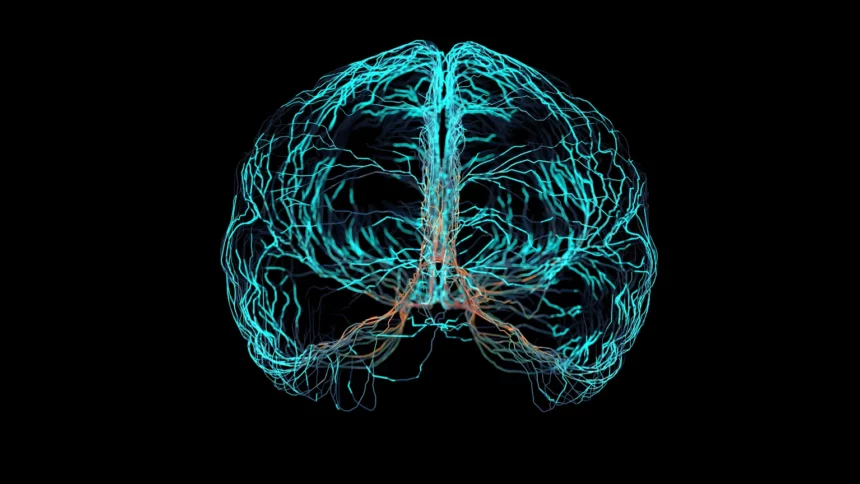Researchers at Indiana University recently published their findings in Alzheimer’s & Dementia: Translational Research & Clinical Interventions about the relationship between epilepsy drug levetiracetam and Alzheimer’s disease.
The study focused on how the epilepsy drug may be used as a possible therapeutic intervention for Alzheimer’s among children and adults.
The epilepsy drug levetiracetam works by binding to a specific receptor in the brain known as SV2A.
“We’re trying to do research not only to advance our basic understanding of how disease progresses in Alzheimer’s disease, but how can you possibly apply new therapeutic approaches that are not specifically targeting amyloid and tau,” a news release reads.
“The purpose of our studies was to establish a pharmacokinetic/pharmacodynamic (PK/PD) relationship with LEV in an amyloidogenic mouse model of AD to enable predictive preclinical to clinical translation, using the rigorous preclinical testing pipeline of the Model Organism Development and Evaluation for Late-Onset Alzheimer’s Disease Preclinical Testing Core.”
“This study represents the first report of PK/PD assessment of LEV in 5XFAD mice. Overall, these results highlighted non-linear kinetics based on dose and sex,” according to the study’s authors.


